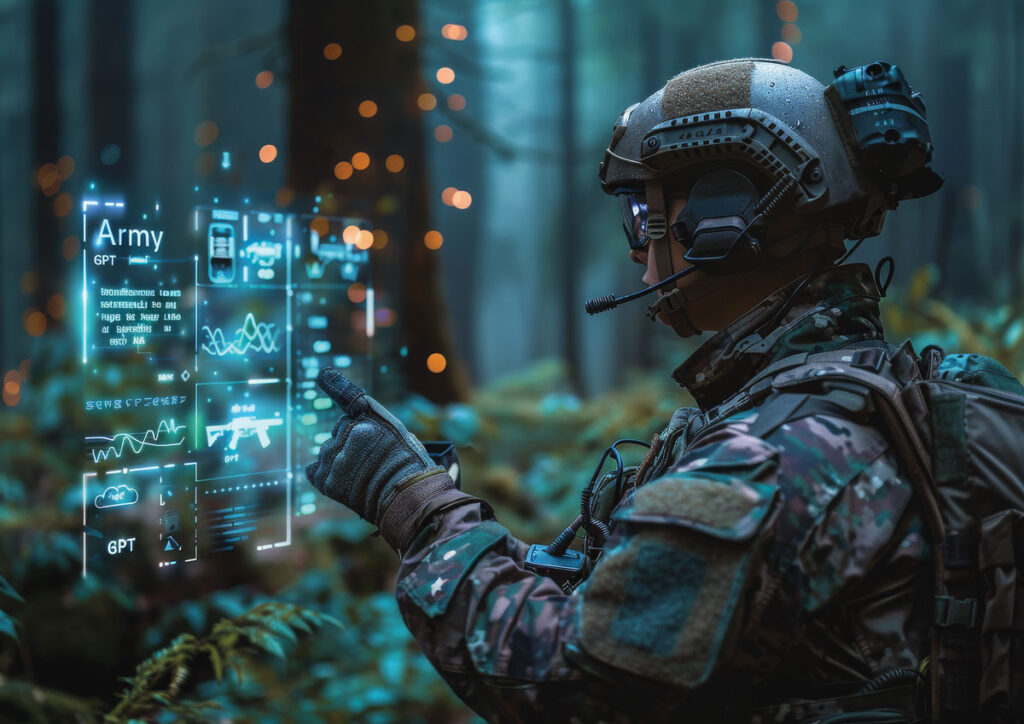OpenAI, the creator of the groundbreaking AI chatbot ChatGPT, has secured a significant $200 million contract with the U.S. Department of Defense, the Pentagon announced Monday.
This substantial award marks a major step for the rapidly expanding AI company and highlights the growing role of artificial intelligence in national security.
OpenAI Wins $200 Million Pentagon Contract to Develop Cutting-Edge AI Tools
The contract, detailed in a Pentagon press release, will see OpenAI develop prototype AI capabilities to address critical national security challenges across both wartime and commercial domains.
The work will primarily be conducted in and around Washington, D.C., with an estimated completion date of July 2026. Specific details regarding the nature of these AI tools remain undisclosed, fueling speculation about their potential applications.

OpenAI’s Dilemma
This latest development comes on the heels of OpenAI’s announcement last week that its annualized revenue surged to $10 billion in June, putting the company on track to meet its full-year target amidst the booming adoption of AI technologies.
The company’s meteoric rise continues, following its March announcement of a potential $40 billion fundraising round led by SoftBank Group, valuing the company at a staggering $300 billion.
The timing of the contract award is also noteworthy, given the White House Office of Management and Budget’s April release of new guidelines directing federal agencies to ensure a competitive U.S. AI market benefits both the government and the public.
While this guidance exempted national security and defense systems, the OpenAI contract underscores the Pentagon’s commitment to leveraging cutting-edge AI technologies for defense purposes.
OpenAI’s for national security applications
The $200 million contract represents a significant investment in AI development for national security applications. While the specifics remain confidential, the award highlights the increasingly central role of AI in modern warfare and defense strategies.
OpenAI’s involvement promises to bring advanced AI capabilities to bear on crucial national security challenges, though the ethical implications of such technologies will undoubtedly continue to be a subject of ongoing debate.
The coming years will likely reveal more about the capabilities developed under this contract and their broader impact on national security and the AI landscape.

